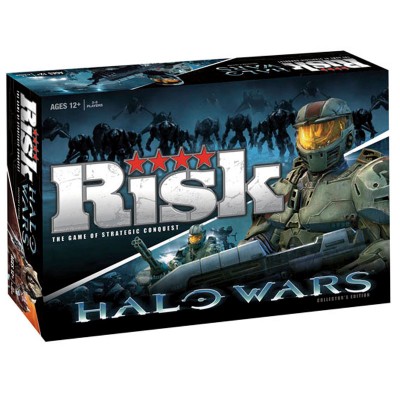Top 10 Board Games for Families
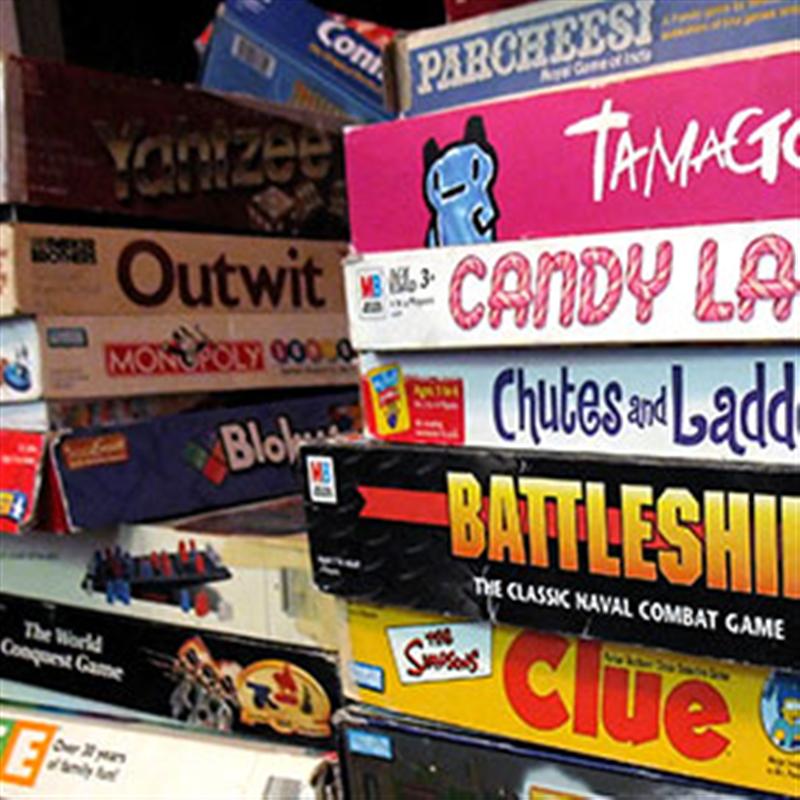
Board games can be a splendid way to pass time, for people of all ages, and are the perfect activity for some quality family time. For over half a century now, people around the world have been playing board games in one way or the other. Hundreds of different board games are played in almost all parts of the world, even today. As is the case with any material thing, some board games are more widely played as compared to others. Depending on their worldwide popularity, one can easily compile a list of board games that are most popular with families.
Instructions
-
1
Apples to Apples
Apples to Apples is a splendid board game which can be played by 4 to 10 players at one time. It was initially published by Out of the Box Publishing in 1999. However, it is now being published by Mattel. Two decks of printed cards are used in this game. One player chooses a card whereas others make a guess, and the game proceeds.
Image courtesy: bestgiftsource.com
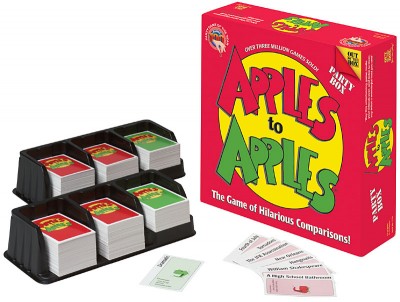
-
2
Trivial Pursuit
Trivial Pursuit requires player to answer questions related to general knowledge and popular culture. This game was created in December 1979 by Chris Haney, a Canadian photo editor. 2 to 6 players can play Trivial Pursuit at the same time.
Image courtesy: mccrarey.com
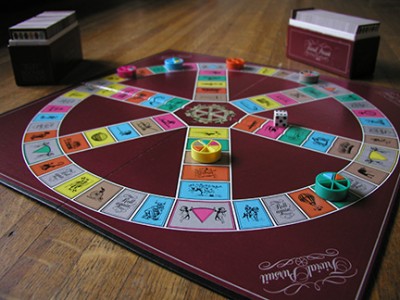
-
3
Balderdash
This board game was created by Laura Robinson and Paul Toyne and was initially released in 1984. Over 15 million copies of Balderdash have been sold since this game was launched. 2 to 6 players can participate simultaneously in a Balderdash game. The first 'dasher' is selected by rolling a die. A card is drawn by the first dasher who then writes the definition of the word printed on the card on a piece of paper. Other players make a guess, write their versions of the definition on a piece of paper and hand it over to the first dasher. The player who gets the definition correct is awarded points.
Image courtesy: cheaptoys.co.uk
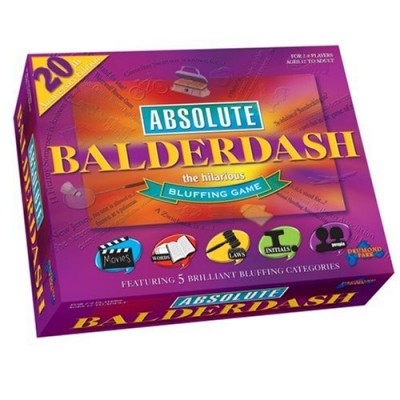
-
4
Cranium
Cranium is a board game based on Ludo. This board game was created by Alexander and Richard Tait in 1998 and is billed as ‘The Game for Your Whole Brain’. 4 or more players can participate in a game of Cranium.
Image courtesy: consolas.es
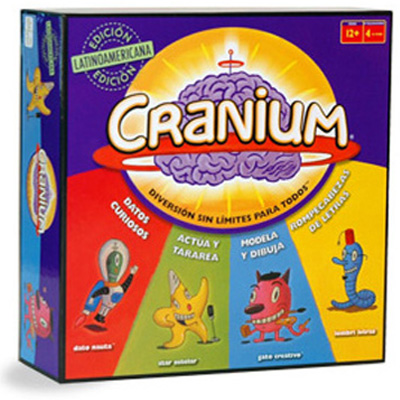
-
5
Monopoly
Monopoly originated in America and was published by Parker Brothers in the 1930s. Players trade board properties i.e. houses and hotels. 2 to 6 players can participate in some versions of monopoly whereas 2 to 12 players can participate in other versions.
Image courtesy: worldofmonopoly.com
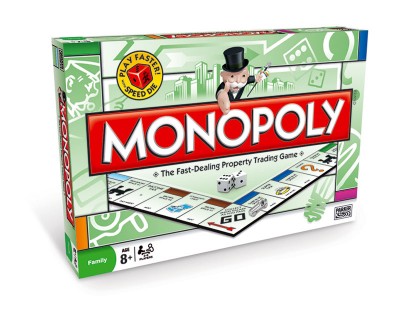
-
6
Clue
Clue is a board game also known as Cluedo. Depending on the edition, 2 to 6 players can participate in a game of Clue. This splendid board game was published in 1949 by Waddingtons. It is a fairly complex game. Each player is assigned a character and weapons. The aim is to solve a mystery by moving from room to room.
Image courtesy: bdr130.net
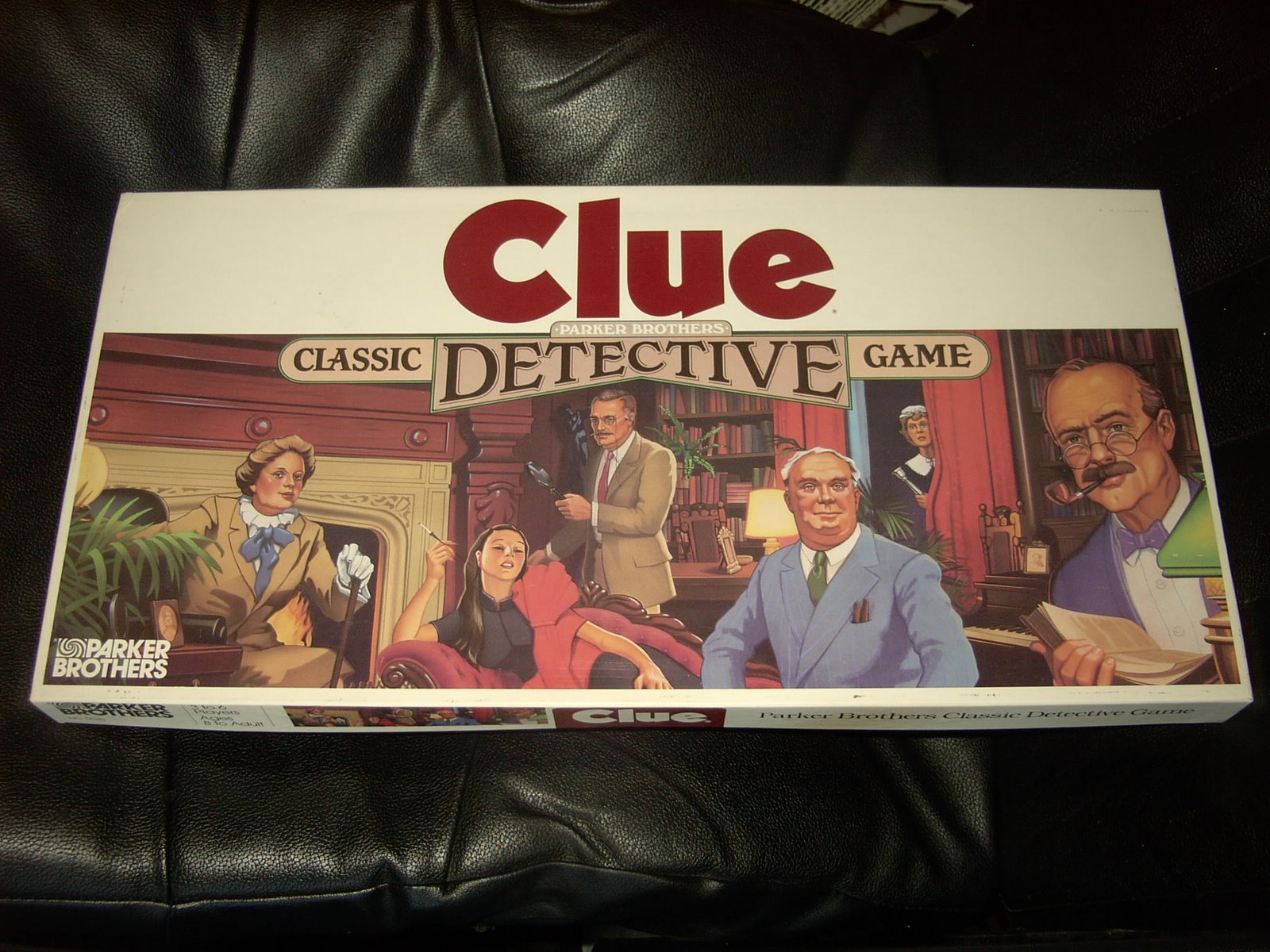
-
7
Aggravation
Currently being published by Parker Brothers, Aggravation was first produced by the CO-5 Company in 1962. Just like most other board games, Aggravation is based on strategy and probability. 2 to 6 players can simultaneously take part in a round of Aggravation.
Image courtesy: vintagegameworld.com
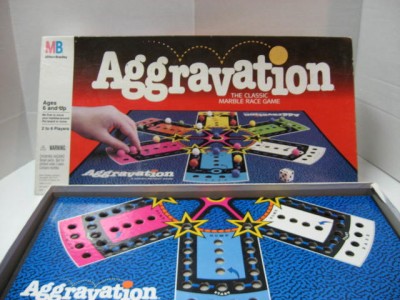
-
8
Scene It
One must have knowledge about movie and pop culture for this game. There are a number of different versions of this game such as the Star Wars Edition, Twilight & Twilight Saga Editions, etc. 2 or more players can take part in a single round of Scene It simultaneously. The first version of this game was released in 2002.
Image courtesy: entertainmentearth.com

-
9
Scrabble
Scrabble is a board game enjoyed equally by both children and adults. It was originally published by James Brunot in 1938. 2 to 4 players can participate in a game of Scrabble. Players take turns at using word tiles for making words on the Scrabble board.
Image courtesy: sodahead.com
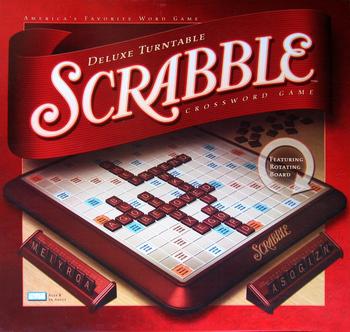
-
10
Risk
Yet another splendid publication of Parker Brothers in the board game arena, Risk was originally released in 1957 and was named La Conquête du Monde ("The Conquest of the World"). 2 to 6 players can simultaneously take part in a game of Risk.
Image courtesy: stupid.com
